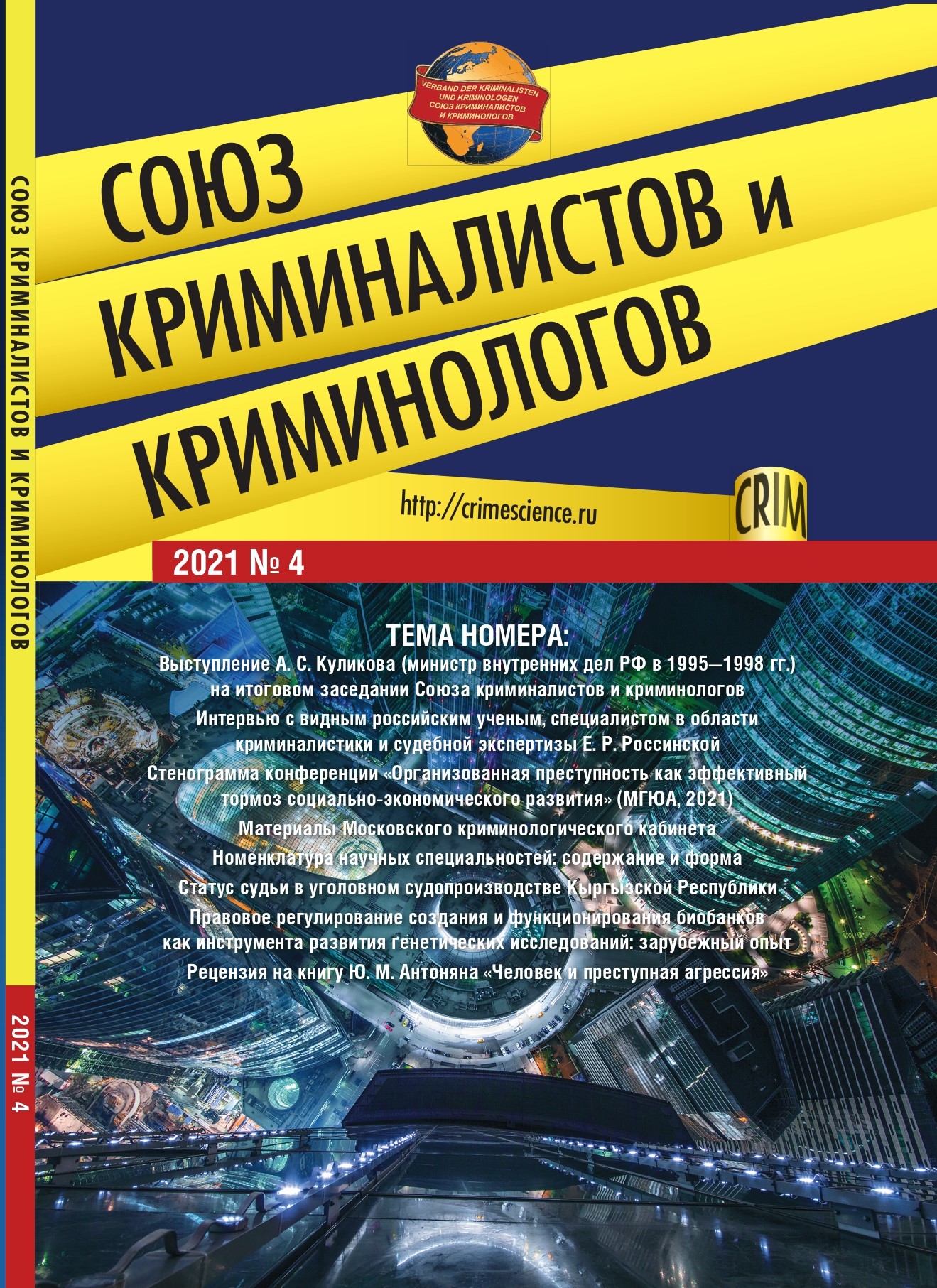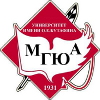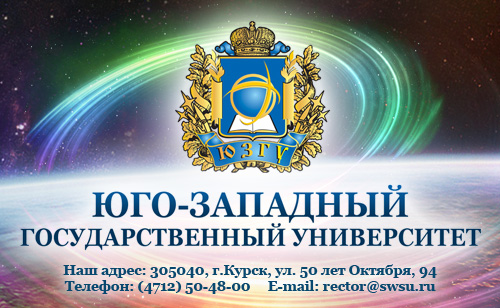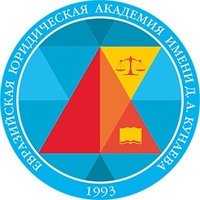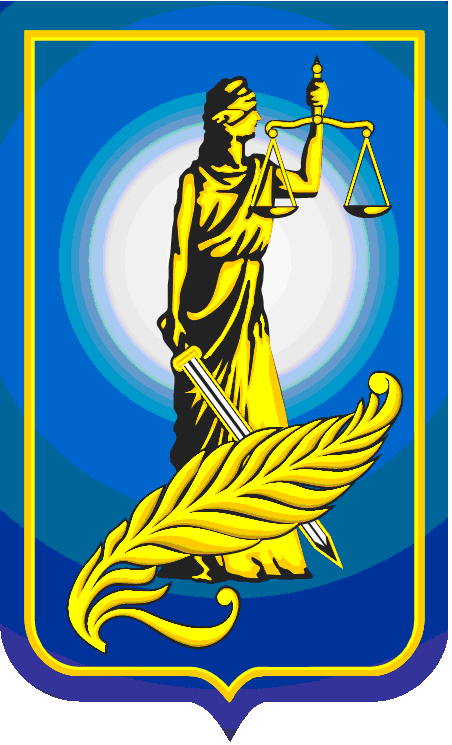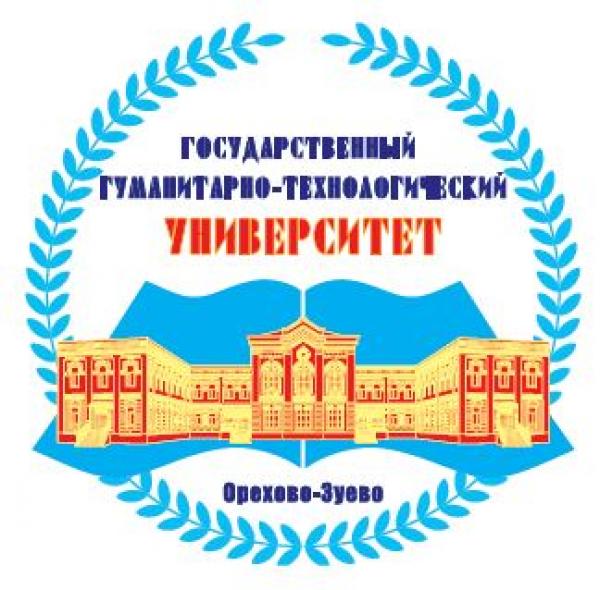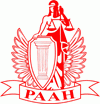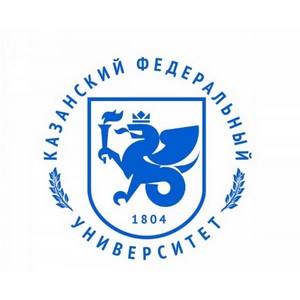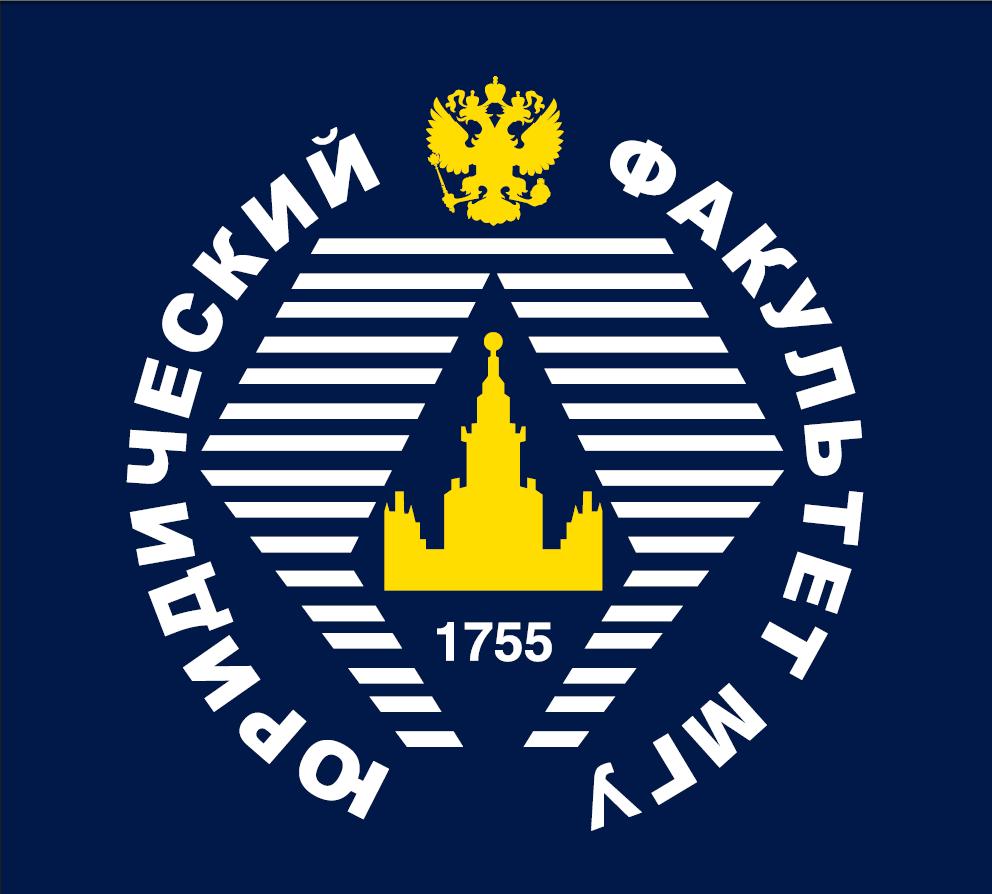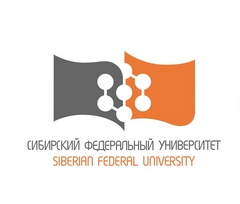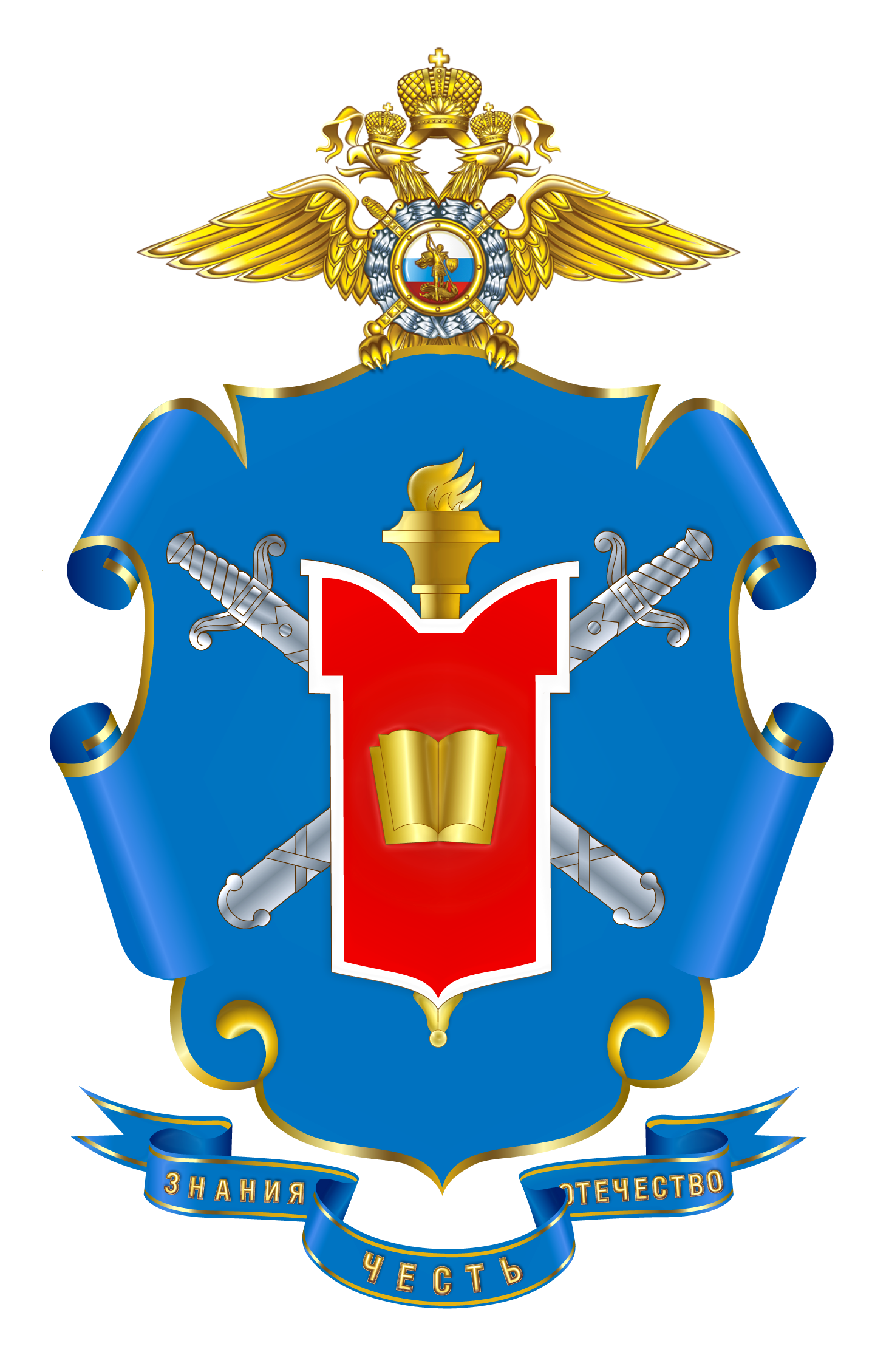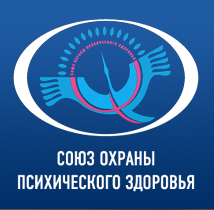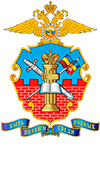On 12 January 1950, the death penalty for high treason, espionage and sabotage was reintroduced in the USSR.
During the tsarist era in Russia, many people were executed. The measure of guilt was determined by the Criminal Penalty Regulations. You have killed – and if you are caught and convicted, you will be killed according to the Law. In peacetime, criminals were not shot – execution by hanging was practiced.
After the 1917 October Revolution of 1917, the death penalty was abolished in the country. But already on 21 February 1918, the decree The Socialist Fatherland is in Danger! was adopted that allowed for the possibility of being shot on the spot. On 5 September of the same year, the decree On the Red Terror was adopted. All persons involved in the activities of White Guard organizations, involved in conspiracies and riots, were to be shot. In June 1919, the Cheka received the right to shoot for high treason, espionage, forgery of money, etc.
Legally, capital punishment was fixed only in the Guidelines on Criminal Law of the RSFSR of 1919. Already in 1920, more than 6,500 people were sentenced to death. The moratorium on the death penalty in the USSR had been in effect since 1947, when the decree On the Abolition of the Death Penalty was issued on 26 May 1947. After the war, the country was exhausted both financially, physically and morally.
However, on 12 January 1950, it was restored by the decree On the Application of the Death Penalty Toward Traitors to the Motherland, Spies, Saboteur-Subversives». In the period from 1960 to 1988, about 24,000 people were shot in the USSR. Most of them were criminals, some were spies and traitors to the Motherland.
The last time the death penalty was applied in Russia was in 1996. On 1 January 2010, Yeltsin’s moratorium on the death penalty in Russia expired. But on 19 November 2009, the Constitutional Court of Russia decided that no courts in Russia can impose the death sentence.
Translated by Elizaveta O. Ovchinnikova





